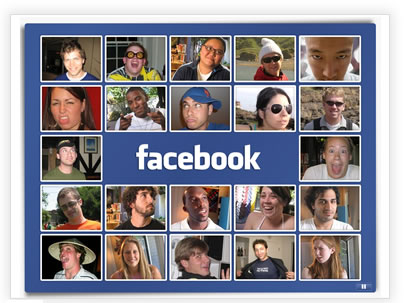The Healing Power of Sleep
A lack of sleep may be harmful to your health.
By Dr. Ranit Mishori, PARADE
Your mom was right: You need your sleep—maybe more than even she knew. She likely didn't know what the research now tells us—that lack of sleep has been linked to obesity, cancer, heart disease, and low immune response.
Caught a cold lately? Consider this: A recent study in the journal Archives of Internal Medicine showed that if you sleep less than seven hours a night, you have a three times higher risk of getting a cold than if you sleep more than eight hours. Scientists at Carnegie Mellon University asked 153 healthy adult men and women about their sleeping habits, then dosed them with nasal drops containing rhinovirus—one of the viruses responsible for the common cold. The virus took hold more readily among the less-rested. Lack of sleep, the researchers suggest, may have weakened their immune systems.
Other research has linked sleep to heart health. The Journal of the American Medical Association recently published a study showing that people in their 30s and 40s who get less sleep are more likely to develop plaque in the arteries of their hearts early in life.
The study followed 495 people aged 35 to 47 for five years. At the outset, CT scans showed that they were all healthy, with no evidence of heart disease. But five years later, follow-up scans revealed that more than one in 10 had developed calcifications in their arteries—a sign of early heart disease—and there was a clear link to their sleep habits.
Among those who got at least seven hours of sleep, only 6 percent had calcifications. The number rose to 11 percent in those who slept five to seven hours. And for those who got the least amount of sleep—fewer than five hours—it was 27 percent.
In fact, getting just one more hour of sleep, the study's authors say, "decreased the odds of calcifications by 33 percent." The additional hour, they noted, had benefits comparable to reducing systolic blood pressure (the higher number) by 16.5 points.
The researchers cannot explain exactly how lack of sleep contributes to calcium in the heart. They suggest that less sleep may be related to generalized inflammation and to having higher levels of the stress hormone cortisol in the blood.
In recent years, multiple studies have looked at the relationship between sleep and obesity. In one, researchers from the University of Warwick Medical School in Coventry, England, reviewed studies conducted worldwide that examined sleep duration and obesity in more than 600,000 adults and 30,000 children.
In an article published in Sleep, the team concluded that every lost hour of sleep is associated with a discrete increase in BMI (body mass index, the formula that calculates how overweight you are based on your weight and height).
Scientists still have not determined what lack of sleep has to do with putting on weight. Some cite inflammation reactions. The less you sleep, the stronger the trigger for inflammation. Others contend that those who sleep less have other unhealthy lifestyle habits, which may be partly responsible for their weight gain. Yet other experts focus on the activation of the hormones leptin and ghrelin in response to lack of sleep. These hormones can affect appetite and, as a result, increase the amount of food you consume.
How much sleep should you get? There is no magic number. Individual needs vary, and age also plays a role. Use the recommendations below as a guideline.
How many hours do you need?
- Toddlers 12-14 hrs
- Preschoolers 11-13 hrs
- School-age children 10-11 hrs
- Adolescents 9-10 hrs
- Adults 7-9 hrs
Source: The National Sleep Foundation
---------------------------------------------
I am personally on the upper limits of that guideline whereby adults need to get 7-9 hours of sleep.
---------------------------------------------
I am personally on the upper limits of that guideline whereby adults need to get 7-9 hours of sleep.

